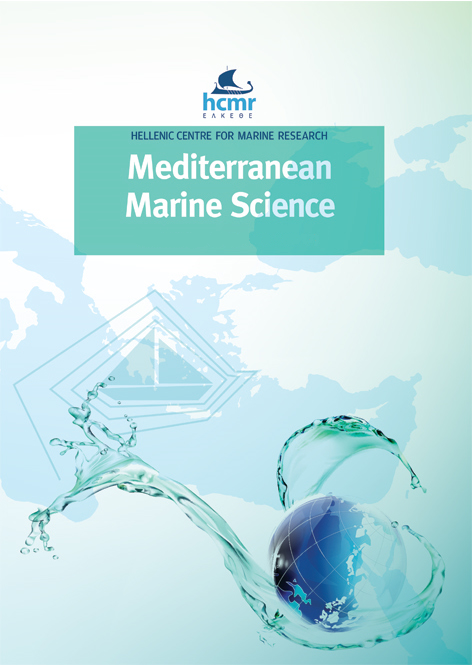An updated Checklist of the Marine fishes from Syria with emphasis on alien species

Abstract
An updated checklist of marine ichthyofauna that are recorded to date, from Syrian marine water including 297 species (belonging to 220 genera, 111 families, 36 orders, and 3 classes) is presented. Sparidae is the dominant family (28 species), followed by Blenniidae (15 species), while 55 families are represented by 1 species. The Chondrichthyes present in Syria were cross-checked for the first time. The status, frequency, the main fishing gear targeting common species, in addition to the fishing method by which the rare species were caught, are also provided. Four species are recorded for the first time herein: Stomias boa boa (Risso, 1810), Hymenocephalus italicus Giglioli, 1884, Scarus ghobban Forsskal, 1775, and Nettastoma melanurum Rafinesque, 1810. In this inventory, 56 Lessepsian migrant species are also included, with 16 of them being considered as very common and of positive economic importance. Alien species have been grouped into three categories namely established (49 species), casual (2 species), and single records (5 species). Twenty-eight species were disregarded from this list, due to lack of solid documentation on their presence.
Article Details
- How to Cite
-
ALI, M. F. (2018). An updated Checklist of the Marine fishes from Syria with emphasis on alien species. Mediterranean Marine Science, 19(2), 388–393. https://doi.org/10.12681/mms.15850
- Issue
- Vol. 19 No. 2 (2018)
- Section
- Review Article
Authors who publish with this journal agree to the following terms:
- Authors retain copyright and grant the journal right of first publication with the work simultaneously licensed under a Creative Commons Attribution Non-Commercial License that allows others to share the work with an acknowledgement of the work's authorship and initial publication in this journal.
- Authors are able to enter into separate, additional contractual arrangements for the non-exclusive distribution of the journal's published version of the work (e.g. post it to an institutional repository or publish it in a book), with an acknowledgement of its initial publication in this journal.
- Authors are permitted and encouraged to post their work online (preferably in institutional repositories or on their website) prior to and during the submission process, as it can lead to productive exchanges, as well as earlier and greater citation of published work (See The Effect of Open Access).




